How to Feed Aquarium Fish Fry
Updated on 05/26/24
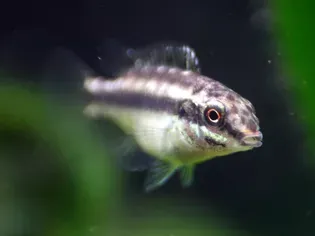
The Ultimate Guide to Feeding Aquarium Fish Fry: A Step-by-Step Journey from Infancy to Adulthood
Introduction: Nurturing the Future of Your Aquatic Kingdom
The arrival of fish fry, the tiny and vulnerable offspring of your beloved aquarium inhabitants, marks an exciting chapter in the life of any aquarist. As these miniature creatures embark on their journey to adulthood, providing them with the proper nourishment is crucial for their health, growth, and overall well-being. This comprehensive guide will delve into the intricacies of feeding aquarium fish fry, empowering you with the knowledge and techniques to nurture your delicate charges into thriving adult fish.
Understanding the Nutritional Needs of Fish Fry
Unlike their adult counterparts, fish fry possess unique nutritional requirements that must be carefully met to ensure their optimal development. Their rapid growth rate necessitates a diet rich in protein, which serves as the building blocks for their muscles, organs, and other bodily tissues. Additionally, fish fry require ample amounts of vitamins and minerals to support their immune systems, energy metabolism, and overall health.
Step-by-Step Guide to Feeding Fish Fry
1. Determine the Size and Age of Your Fry:
The size and age of your fish fry will dictate the type and frequency of feedings required. Newborn fry, known as larvae, typically feed on microscopic organisms such as infusoria and rotifers. As they grow, gradually introduce larger feed particles, such as baby brine shrimp and finely ground flake food.
2. Choose the Right Food:
Selecting the appropriate food for your fish fry is essential for their well-being. Live food, such as infusoria, rotifers, and baby brine shrimp, provides a rich source of nutrients and promotes natural feeding behaviors. Commercial fry foods, available as dry flakes or granules, are also a convenient option and often contain a balanced blend of nutrients.
3. Frequency of Feeding:
The frequency of feedings depends on the age and species of your fish fry. Generally, newborn fry require frequent feedings, up to several times per day. As they mature, the frequency of feedings can be gradually reduced.
4. Amount of Food:
Overfeeding is one of the most common mistakes made when feeding fish fry. It can lead to water quality issues and health problems for the fry. Start by offering small amounts of food and observe your fry's eating habits. If there is any uneaten food left after a few minutes, reduce the amount at subsequent feedings.
5. Avoid Overfeeding:
Uneaten food can quickly decompose in the water, leading to ammonia and nitrite buildup. This can result in health problems for your fry, including stunted growth, deformities, and even death. Monitor the amount of food you provide and adjust accordingly to prevent overfeeding.
6. Monitor Water Quality:
Regular water changes and gravel vacuuming are essential to maintain the health of your fish fry. Uneaten food, fish waste, and decaying plant matter can all contribute to water pollution. Water changes remove these contaminants and ensure that your fry have access to clean, healthy water.
Examples of Suitable Foods for Fish Fry
* Live Food: Infusoria, rotifers, baby brine shrimp, daphnia
* Commercial Fry Foods: Dry flake food specifically formulated for fish fry, finely ground flake food, liquid fry food
Conclusion: Ensuring a Thriving Future for Your Aquatic Community
Feeding fish fry is a delicate but rewarding task that requires a keen understanding of their unique nutritional needs. By following the guidelines outlined in this comprehensive guide, you can provide your fry with the nourishment they need to grow into healthy and thriving adult fish. Remember, patience, observation, and a commitment to providing the best possible care will ensure the success of your fish fry, transforming them into the vibrant and dazzling inhabitants of your aquatic kingdom.
Explore More Pets
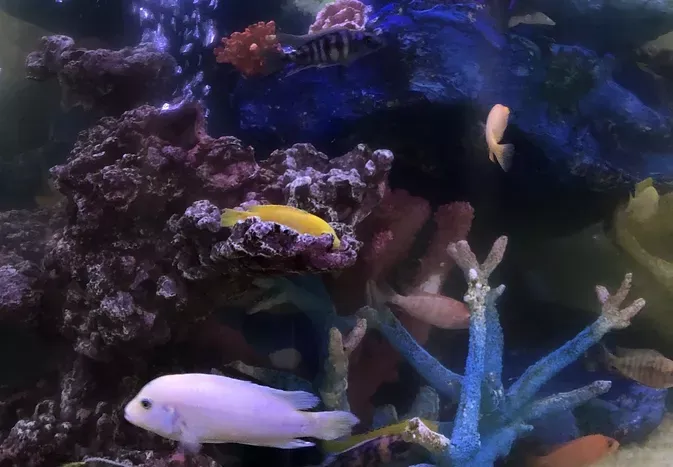
Freshwater Aquarium Filters
How to Deal With Cloudy Aquarium Water

Saltwater Aquarium Filters
How Do You Remove Chloramines From Tap Water?
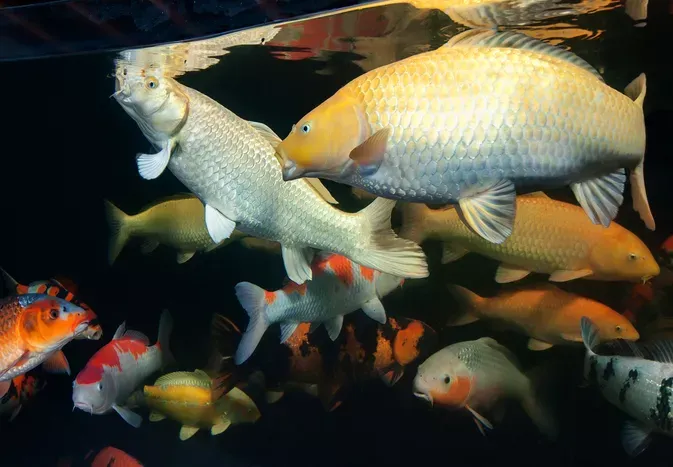
Freshwater Aquariums & Habitat
Can I Keep My Koi Fish Inside?
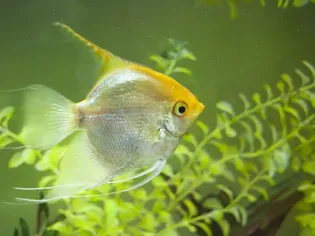
Saltwater Aquariums & Habitat
14 Best Floating Plants for Your Aquarium
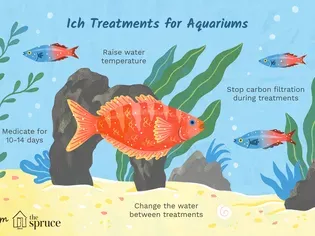
Freshwater Fish Health
How to Treat Ich on Freshwater Fish
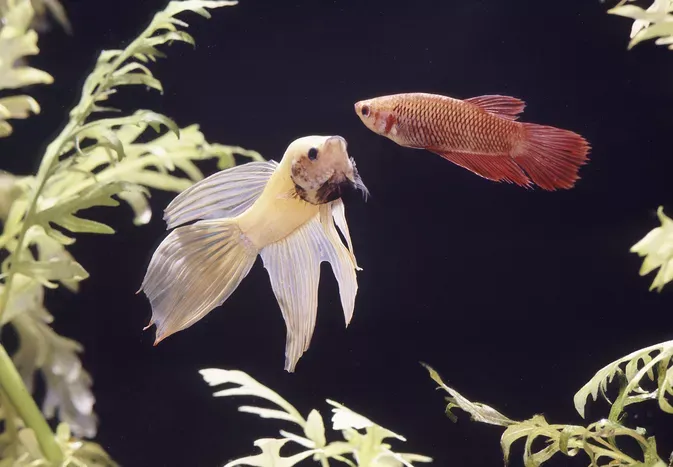
Saltwater Fish Health
Fin Rot in Aquarium Fish
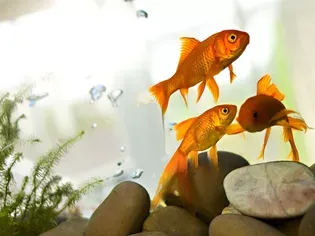
Freshwater Aquarium Filters
How to Do Aquarium Water Changes
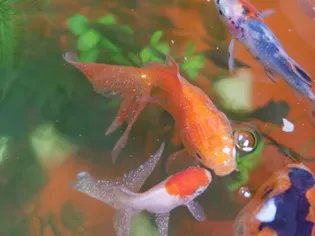
Saltwater Fish Health
How Do Fish Get Parasites?
